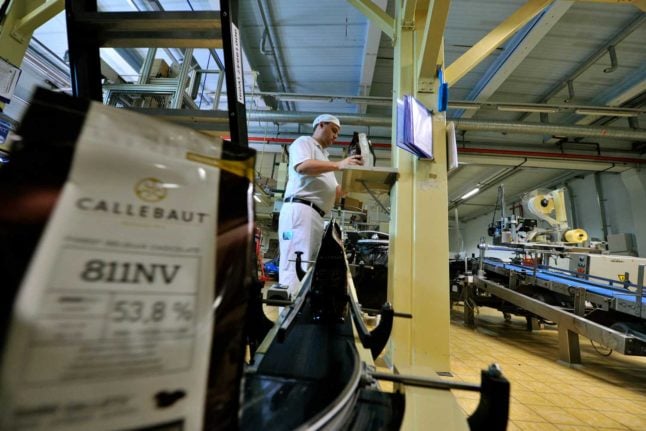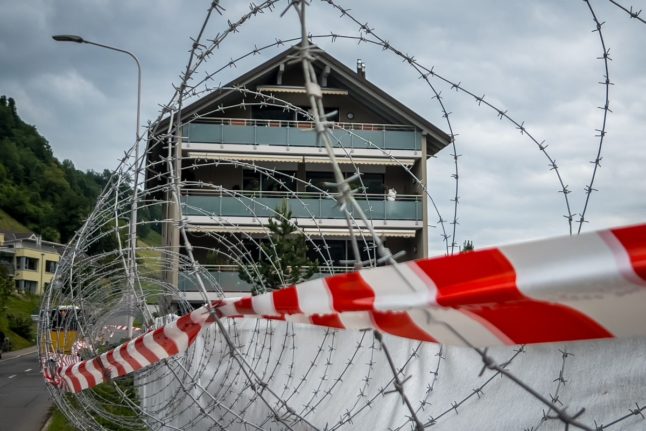In a video address to a rally outside the parliament in Bern last month, Ukrainian President Volodymyr Zelensky blasted Swiss firms that continue to do business in Russia “even though our children are dying and our cities are being destroyed”.
Zelensky singled out food group Nestle, a major customer of Barry Callebaut, the world’s top manufacturer of high-quality chocolate and cocoa products.
Barry Callebaut has three factories in Russia, where it employs 500 people. The country represents less than five percent of its sales volume.
“We are here first and foremost for our employees,” chief executive Peter Boone said at a press conference to present company results.
“The war in Ukraine was started by the Russian government, not by the Russian people,” he said. Boone, who took over in September, said the group did not want to cut supplies to food companies that need Barry Callebaut’s ingredients for many products.
“Our customers bring daily food in all kinds of shape,” Boone said.
EXPLAINED: Why is Switzerland always neutral?
“Pulling away from our customers and leaving them with no ways to bring their products to consumers who didn’t ask for the war didn’t feel right,” he said.
Boone said the issue raised many questions inside and outside the group, including from his own children.
Barry Callebaut operates across its industry’s value chain, from sourcing cocoa to producing chocolates. Its customers include British consumer goods group Unilever and Mexican food giant Grupo Bimbo.
Sanctions on Russia: Is Switzerland still a neutral nation?
A slew of mostly Western firms, ranging from McDonald’s to H&M and Goldman Sachs, have stopped operating in Russia since the February 24 invasion of Ukraine.
But others have chosen to stay, such as French supermarket chain Auchan. Barry Callebaut, meanwhile, reported that sales revenue in the first six months of its 2021-2022 fiscal year jumped by nearly 16 percent to four billion Swiss francs (3.9 billion euros, $4.3 billion).
The group hiked prices amid soaring inflation that pushed up the costs of sugar and milk products. Sales volume of chocolate and cocoa products rose by a strong 8.7 percent to 1.16 billion tonnes.
Net profit was up 3.1 percent at 212.1 million Swiss francs, with Boone saying the results were affected by the loss of value of financial assets in Russia, a hit totalling five million Swiss francs.



 Please whitelist us to continue reading.
Please whitelist us to continue reading.
Member comments